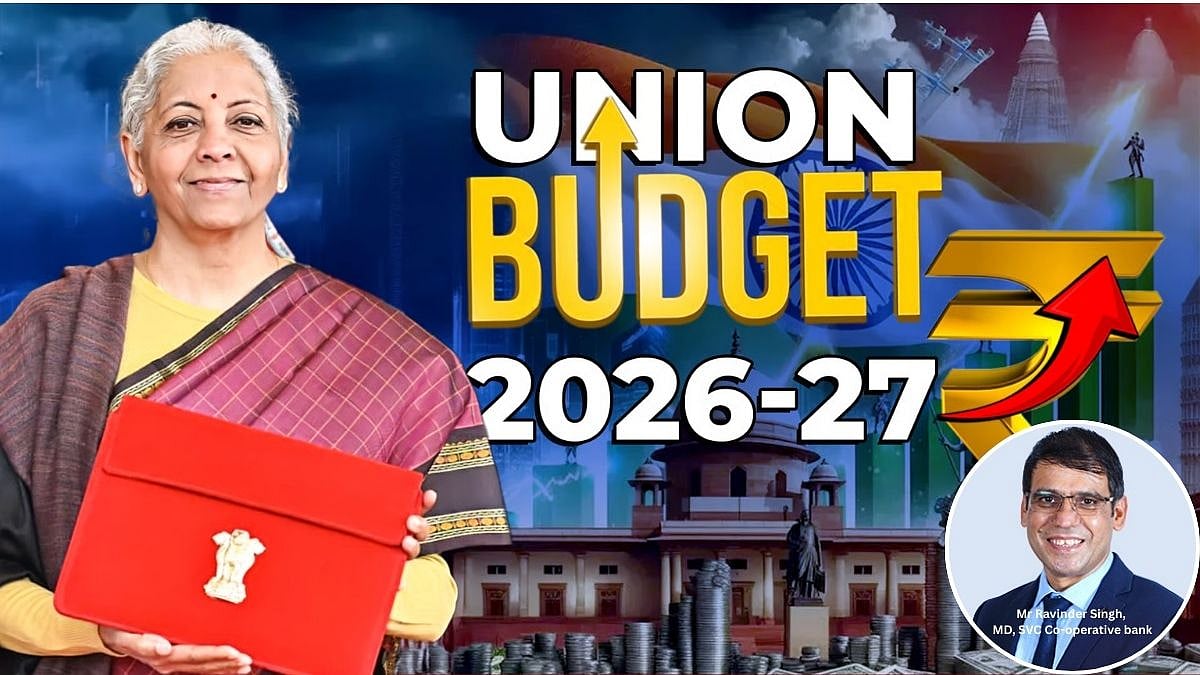On Wednesday the cabinet committee on economic affairs (CCEA) paved the way for one of the government's largest asset sale exercises. Five companies, including Bharat Petroleum Corporation and the Shipping Corporation of India, will now be privatised.
Put simply disinvestment is a process that the Government can use to sell off its stakes in a PSU - either fully or in part, or list it on the stock market. The idea is to use these newly acquired funds for other developmental purposes.
Also read: Cabinet approves strategic disinvestment of BPCL
Disinvestment got its first major boost under Finance Minister Manmohan Singh's New Economic Policy. Here, the objectives were, amongst others, to reduce the government's financial burden, improve public finances, introduce competition and market discipline and fund growth.
The Vajpayee-led government took up disinvestment with zeal, and some highlights include the sale of Videsh Sanchar Nigam Limited, Hindustan Zinc, Balco and IPCL.
Now, the Modi-led government has picked up where Vajpayee left off, at least when it comes to the pace of disinvestment. The government has set itself a Rs 1.05 lakh crore disinvestment target for the current fiscal year.
The question is, how necessary or useful will this move be? Taken by itself the move is a welcome one. The stake sales are critical for the government to meet its disinvestment target of Rs 1.05 lakh crore set for the current fiscal year. Going by the BSE, the government's 53.29% stake in BPCL is worth about Rs 63,000 crore while its 30.8% stake in Concor is worth about Rs 10,800 crore. Sale of SCI stakes will fetch over Rs. 2,000 crores.
Also read: Five major announcements made by Nirmala Sitharaman on disinvestments of PSUs
The official line is that the "resources unlocked by the strategic disinvestment of these CPSEs would be used to finance the social sector/developmental programmes of the Government benefiting the public". The key benefit, for the government, is the fact that it will interject some much-needed funds into the slowing economy.
But then why are so many people protesting? We can take political protests with a hefty pinch of salt, but their concern cannot be dismissed. The Congress, for example, has accused the Modi government of "selling the country".
"They did not create anything, but will sell everything. This is called selling the country. If there is Modi, it is possible," warned Randeep Surjewala.
The party incidentally protested the move in the Lok Sabha today.
Also read: Opposition protests in LS over disinvestment of PSUs, electoral bond
But let us leave political opponents aside. It is far less easy to dismiss protests from employees of one these companies. At BPCL for example, employees have long been holding protests against the upcoming privatisation. Their main concerns are potential layoffs and changes that might arise in their work environment. Foreign companies, they say, aren't quite looking to increase production. Rather they want a firm foothold in India. Employees now live in fear of job termination and a lack of new recruitments. BPCL, with about 12,000 permanent employees and thousands of contract staff definitely has cause to worry in this regard. They are also worried about the fate of proposed and ongoing BPCL projects. Their concerns are legitimate, and as the government absolves itself of liabilities, their future grows more uncertain. The employees plan to hold a nationwide strike next week.
India is the fastest-growing energy market in the world, and the global oil giants are keen to gain a foothold. In this regard, the Government is keen on getting international energy majors such as Saudi Aramco, Total SA of France and ExxonMobil involved. This, in turn, is expected to bring in greater competition.
Leaving aside all other factors as to why disinvestment is necessary, let us consider some financial details briefly.
On November 19, Finance Minister Nirmala Sitharaman told lawmakers that the country's state-run banks have reported frauds worth Rs 95,760 crores in the first six months of FY20 ending March, according to a Reuters report.
At the beginning of this year, you may recall that the government and the Reserve Bank of India were locked into a tussle over greater access to the banks' reserve of funds.
India's economic growth dropped to a seven-year low of 5% in the April-June quarter of 2019-20 due to a sharp deceleration in the manufacturing sector and sluggish agriculture output, according to official data.
These are not really related incidents. But taken together, the government's reasons become direr. It may very well be about development and increasing competition. But it is also very much about reducing the Government's financial burden. Here, disinvestment begins to look more like a necessity. You see, India's dream of becoming a five trillion dollar economy by 2024-25 may hang in the balance.









